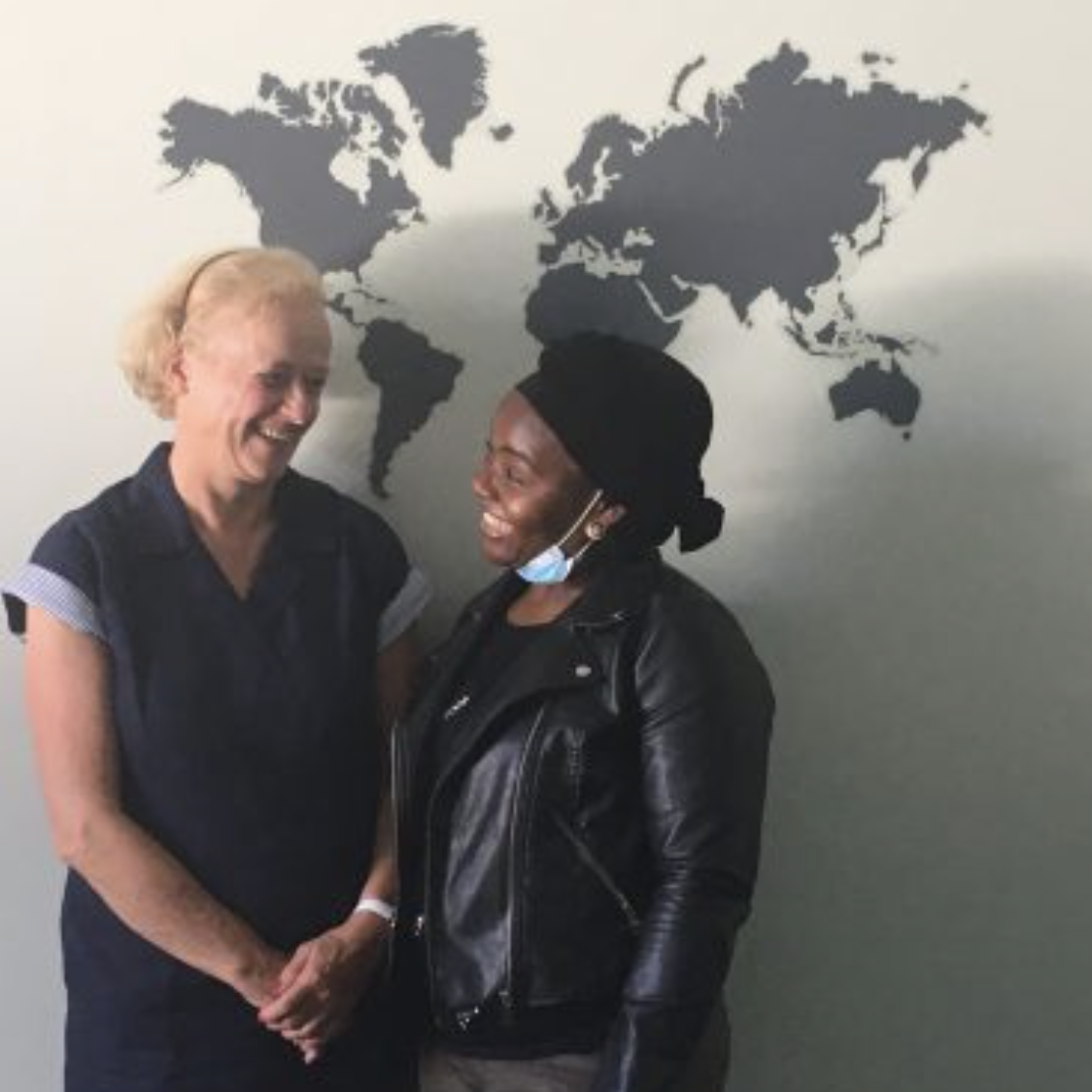On the job market in Belgium, young people with an immigration background face several difficulties, including one major one: discrimination.
Among the 7,800 young people supported by DUO for a JOB since the creation of the program, one in ten young people say they have been a victim of discrimination when hiring. But this figure is far from reflecting the full reality. Structural racism often remains invisible or difficult to identify for those affected, making the fight against this injustice all the more complex.
Racial discrimination: an invisible but very real obstacle
However, the figures confirm this persistent inequality.
- A person born in Belgium has 18% more likely to be hired than someone born abroad.
- In 2024, Unia - the Interfederal Center for Equal Opportunities and the Promotion of Diversity - received 643 reports of racial discrimination, 30% of which concerned access to employment.
- The employment rate gap between people born in Belgium and those born abroad remains one of the highest in Europe.
Beyond direct discrimination, other obstacles stand in the way of employment for young people with an immigrant background: language proficiency, the recognition of diplomas, the lack of a professional network or even the lack of knowledge of labour market codes. These barriers, which are often invisible, contribute to maintaining systemic inequalities and limiting access to stable and fulfilling employment.
Mentoring: a driver for breaking down barriers
Faced with these inequalities, mentoring offers a concrete and human solution. DUO for a JOB connects young job seekers with an immigration background with experienced volunteer mentors over 50 years old, from the same professional sector. This model of personalized support is based on a simple conviction: the sharing of experience, moral support and access to a professional network can profoundly transform a young person's career in search of a job.
The impact is measurable. Young people supported by DUO for a JOB are twice as likely to find a job, an internship or a training course in the year following their mentoring. This support not only allows them to better understand the job market, but also to strengthen their self-confidence and to access opportunities that are often out of reach without a solid network.
Mentoring also affects representations. By creating a direct relationship between people from different backgrounds, it deconstructs stereotypes and strengthens the social fabric. Human contact then becomes a powerful vector of change, both individual and collective.
Breaking prejudices: Aminatta's testimony
“I felt like I was sending dozens of resumes into the void. I was told that I had a good profile, but I never got a response.”
Aminatta, 24, joined DUO for a JOB after months of unsuccessful research. “I felt like I was sending dozens of resumes into the void. I was told that I had a good profile, but I never got a response.” This experience, shared by many young people with an immigration background, illustrates the feeling of powerlessness in the face of a system that seems to work at two speeds.
Thanks to her mentor, Aminatta learned to better value her skills, to adapt her CV to the expectations of Belgian recruiters and, above all, she was able to benefit from her mentor's professional network. The result: a three-month internship in a company that led to a stable job. “What my mentor gave me was more than advice. It gave me confidence and opened doors for me.”
This type of journey shows that the problem does not lie in the lack of skills or motivation of young people with an immigration background, but in the structural barriers that limit their access to employment. Breaking this glass ceiling requires collective action and awareness at all levels of society.
DUO for a JOB: a solution that works
Promoting inclusion is not only a question of social justice, it is also a major economic driver. A more inclusive employment policy would reduce unemployment, strengthen social security and stimulate growth. Talent is there, but it is too often underexploited due to mechanisms of exclusion that are deeply rooted in our society.
Enabling everyone to have access to a stable and rewarding job means strengthening the social fabric and boosting the economy. Valuing the experience of people over 50 and allowing them to be a volunteer/volunteer in a meaningful project means creating a more peaceful society.
Do you want to work with us for a fairer job market? Contact us to discuss it together !
















